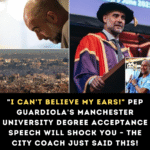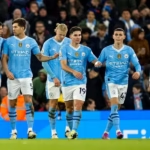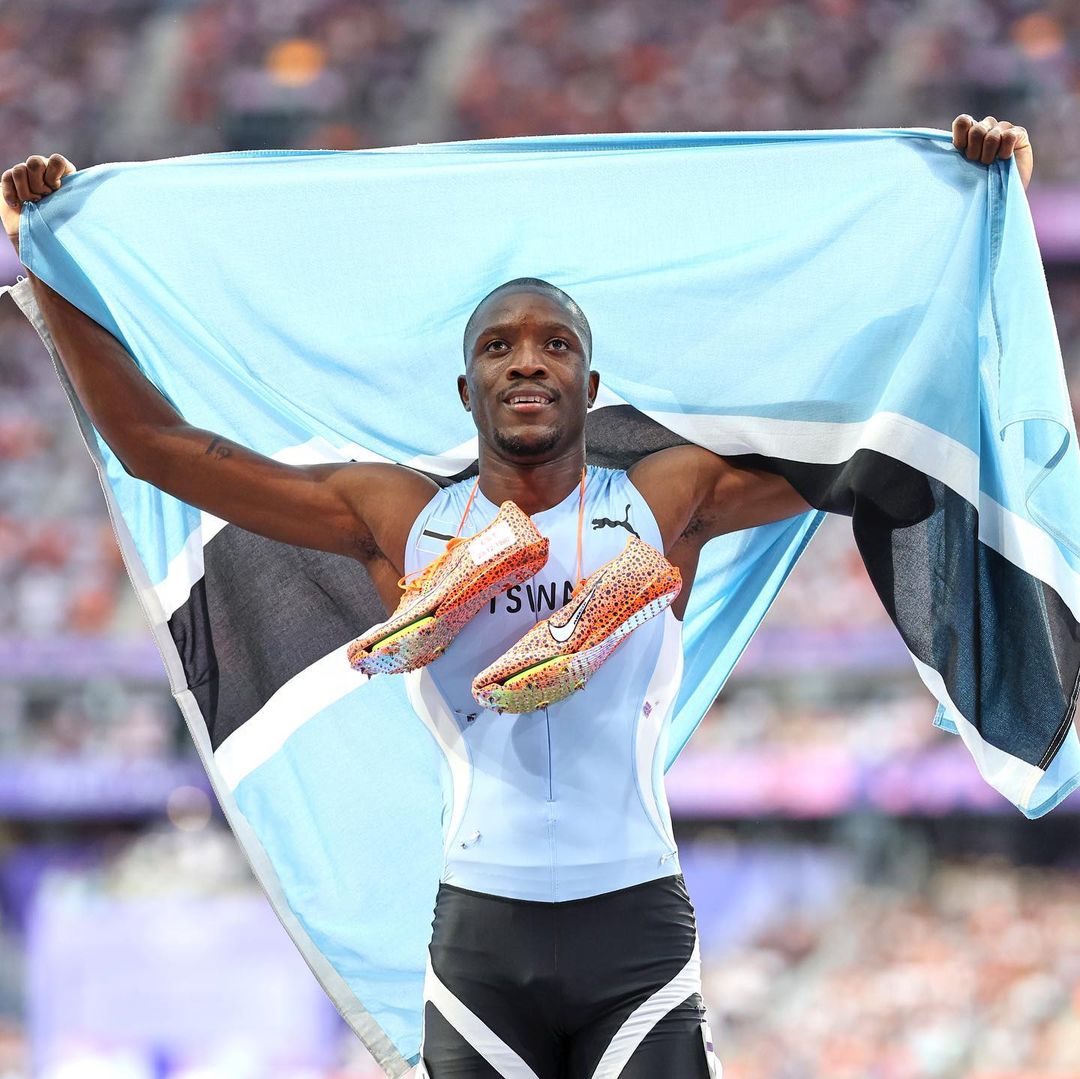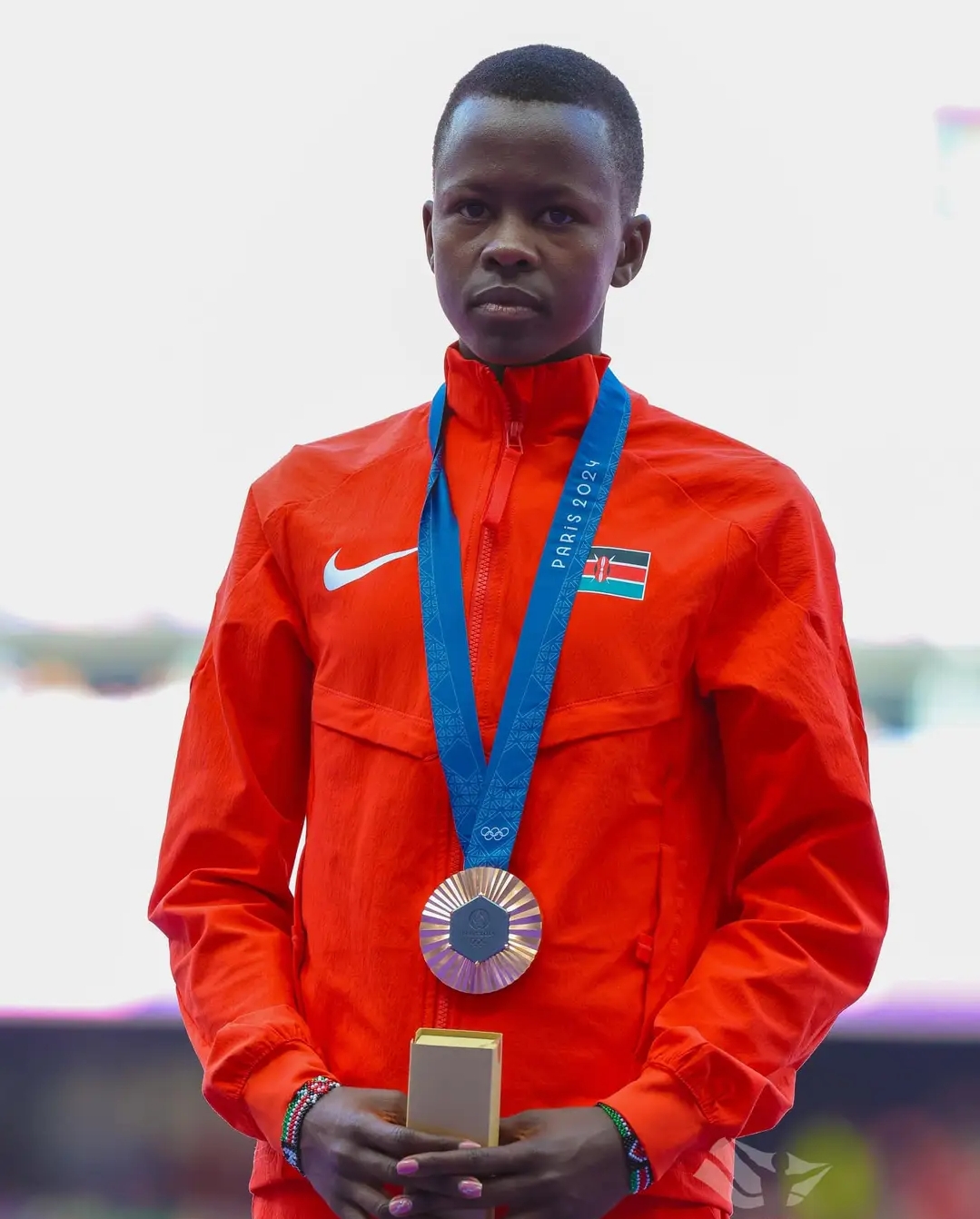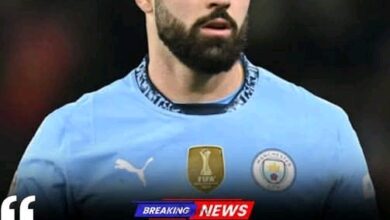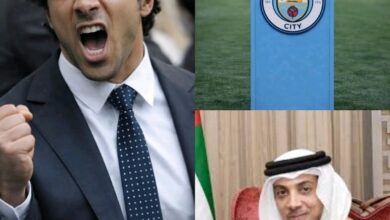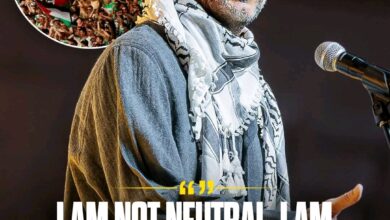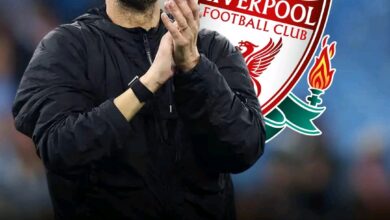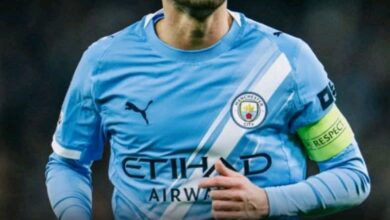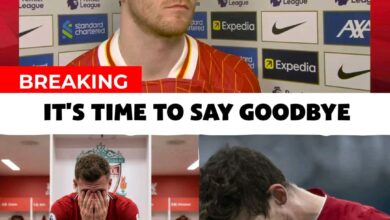Would Arsenal fans really want an owner from Saudi Arabia?
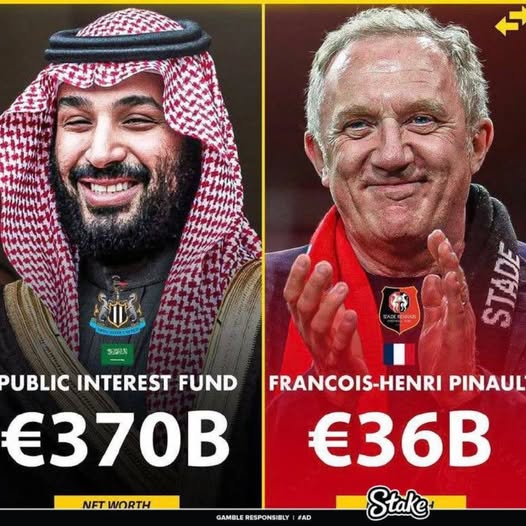
In the ever-evolving landscape of English football, certain moments stand as watershed events that fundamentally alter the sport’s trajectory. The Saudi-backed takeover of Newcastle United represents one such pivotal moment, carrying implications that extend far beyond the confines of St. James’ Park. This acquisition raises profound questions about the future of football, the role of state ownership in sports, and the complex intersection of athletics, politics, and morality in the modern era.
The acquisition of Newcastle United by Saudi Arabia’s Public Investment Fund (PIF) represents more than just another ownership change in Premier League history. It marks a significant shift in the power dynamics of English football, introducing another financial powerhouse capable of transforming the competitive landscape. For clubs like Arsenal and others competing for top positions, this development presents yet another formidable obstacle in their pursuit of success.
The financial implications are stark and immediate. Newcastle United now has access to resources that dwarf the capabilities of traditional football clubs. This newfound wealth positions them to offer more competitive transfer fees and wages, potentially attracting top talent that might otherwise have considered clubs with storied histories like Arsenal. The ripple effects of this financial disparity will likely be felt across all levels of competition, from transfer market dynamics to youth academy recruitment.
Perhaps one of the most striking aspects of the takeover has been the transformation in fan culture and perception. The scenes outside St. James’ Park following the announcement were telling: supporters celebrating with unbridled joy, some even donning traditional Saudi dress in homage to Crown Prince Mohammed bin Salman. This display perfectly encapsulates the complex dynamics at play in modern football, where the desire for sporting success often overshadows broader ethical considerations.
The Newcastle faithful, long suffering under Mike Ashley’s ownership, find themselves at a moral crossroads. Their passionate support for the club, which once made Newcastle “everyone’s second team” during the Kevin Keegan era, has now become entangled with complex geopolitical and ethical considerations. The contrast between their previous vocal criticism of Ashley’s business practices at Sports Direct and the relative silence on their new owners’ human rights record raises uncomfortable questions about the relationship between football and morality.
The concept of “sports washing” – using sports to improve the reputation of a nation or organization – has become increasingly relevant in modern football. The Newcastle takeover represents perhaps its most prominent example in English football history. This strategy has been employed successfully in other sports, with boxing matches and WWE events in Saudi Arabia serving as notable examples.
The WWE’s presentation of the first female wrestling match in Saudi Arabia perfectly illustrates the complexity of sports washing. While presented as a milestone for women’s rights, the reality – including the requirement for female attendees to be accompanied by males and the negative reception from some audience members – tells a different story. This disconnect between presentation and reality mirrors the broader challenges facing football as it grapples with questions of ethics and ownership.
The takeover forces football supporters to confront uncomfortable truths about the modern game. The juxtaposition is stark: how does one reconcile support for campaigns promoting equality, LGBTQ+ rights, and women’s football with ownership by an entity whose values often stand in direct opposition to these principles? The Premier League’s rainbow laces campaign and efforts to promote women’s football now sit uncomfortably alongside the reality of having an owner whose home nation has a troubling record on human rights and equality.
This ethical quandary extends beyond mere sporting considerations. The murder of journalist Jamal Khashoggi and its aftermath cast a long shadow over the takeover. The pleas of Khashoggi’s widow for the Premier League to block the deal went unheeded, raising questions about the balance between financial opportunities and moral responsibilities in modern football.
While the ethical concerns are significant, it’s important to acknowledge the potential positive impact such investment could have on Newcastle and its surrounding region. The transformation of Manchester City and its positive effect on East Manchester provides a template for how such investment might benefit the local community. Newcastle, a city with rich cultural heritage and passionate football tradition, could see similar regeneration and economic development.
However, this potential for positive change raises another moral question: does the end justify the means? Can the promise of economic development and community regeneration offset the ethical concerns surrounding the source of this investment? These questions have no easy answers but must be considered as part of the broader conversation about football’s future.
The Newcastle takeover represents more than just a change in ownership at one club; it signals a potential shift in how football clubs are owned and operated. The era of local businesspeople owning football clubs appears to be giving way to a new reality where state-owned investment funds and billionaires dominate the landscape. This transformation raises questions about the sustainability of traditional football ownership models and the future of competition in the sport.
The asterisk that will now accompany Newcastle’s achievements, similar to those attached to Manchester City and Chelsea’s recent successes, speaks to a broader concern about the authenticity of football achievement in the modern era. When success is effectively purchased rather than built through traditional means, it challenges our understanding of sporting merit and achievement.
The Premier League’s approval of the takeover, despite significant opposition and ethical concerns, raises questions about the effectiveness of current regulatory frameworks in football. The need for more robust governance structures that can effectively balance commercial opportunities with ethical considerations becomes increasingly apparent. The current system appears ill-equipped to address the complex challenges posed by state ownership and the intersection of sports with geopolitical interests.
The transformation of Newcastle United represents a microcosm of broader changes in football. The sport finds itself at a crossroads, balancing its traditional roles as a community institution and source of local pride with the modern realities of global finance and politics. The increased involvement of state-owned entities in football ownership poses challenges to the sport’s competitive integrity and its role in promoting positive social values.
For supporters, particularly those of Newcastle United, the takeover presents a complex emotional and moral challenge. The promise of success and the end of years of frustration under previous ownership must be weighed against the ethical implications of their club’s new ownership structure. The celebration of fans dressed as Mohammed bin Salman represents both the triumph of hope over experience and the concerning success of sports washing as a strategy.
The Saudi takeover of Newcastle United represents more than just another business transaction in football; it symbolizes the evolving nature of the sport in the 21st century. While the immediate future may hold the promise of success for Newcastle United, the broader implications for football’s soul and its role in society remain concerning.
The beautiful game finds itself at a crucial juncture, where the pursuit of success increasingly requires compromise with ethical principles. The challenge for the football community – from governing bodies to supporters – is to find a way to preserve the sport’s integrity and values while adapting to modern realities.
As Newcastle United embarks on this new chapter, the asterisk that will accompany their future achievements serves as a reminder of the complex moral calculations that modern football demands. The true cost of success in contemporary football extends far beyond financial considerations, touching on fundamental questions of morality, identity, and the purpose of sport in society.
The fact that supporters in 2021 would choose to celebrate and emulate figures associated with human rights violations, while previously condemning far lesser ethical breaches, speaks to a troubling shift in football culture. It suggests that success and financial might have become the primary metrics by which we judge football ownership, overshadowing traditional values and ethical considerations.
As we look to the future, the Newcastle United takeover may well be remembered as a defining moment in football’s history – not necessarily for the success it might bring to one club, but for what it reveals about the state of the modern game and the choices we make in pursuit of sporting glory.
For the beautiful game to maintain its soul, the football community must engage in honest dialogue about these challenges and work to establish frameworks that better balance commercial success with ethical responsibility. The future of football depends not just on financial investment but on our abili
